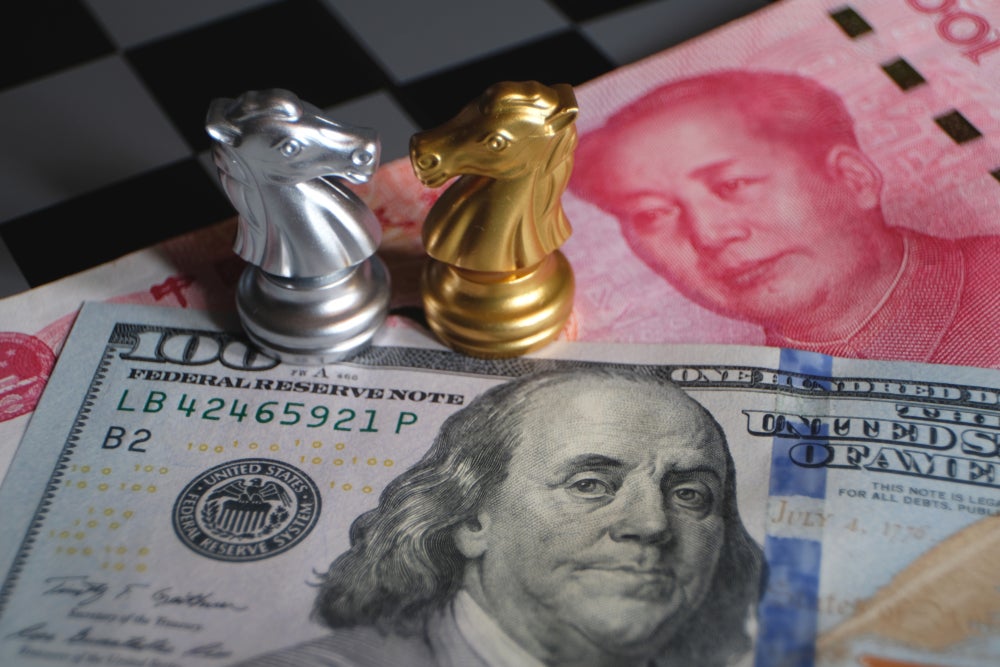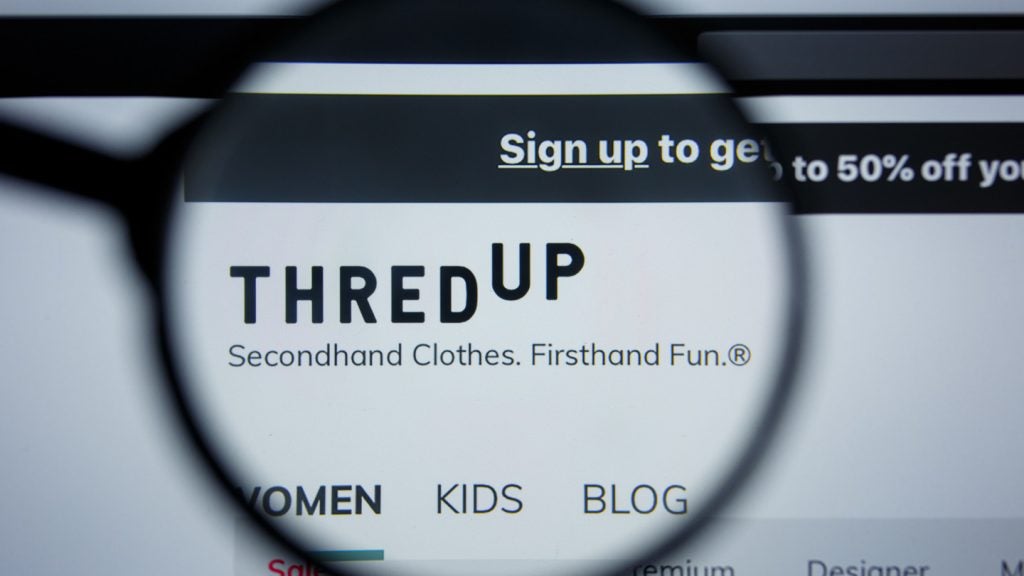The letter written by FDRA president and CEO Matt Priest was addressed to the US trade representative Katherine Tai and US secretary of commerce Gina Raimondo.
Today our President & CEO Matt Priest asked @USTradeRep @AmbassadorTai and @CommerceGov Secretary @SecRaimondo to remove Section 301 duties on #footwear.
— FDRA (@FDRA) November 14, 2023
Now is the time to ease the burden placed on American families by onerous tariffs on essential items such as #shoes. pic.twitter.com/jPOgXzG8A0
It was sent just before President Biden's scheduled meeting with Chinese President Xi Jinping on Wednesday (15 November), where the leaders discussed the relationship between the US and China.
In January of this year, the American Apparel & Footwear Association (AAFA), the National Retail Federation (NRF), The Retail Industry Leaders Association (RILA), and the United States Fashion Industry Association (USFIA) published a study indicating the “detrimental economic impacts” of Section 301 tariffs.
The report analysed data from the US government and a survey conducted in December 2022 among American companies sourcing goods from China. The findings revealed that the implementation of punitive tariffs in 2018 had negatively impacted American businesses and consumers.
The report suggested tariffs on US imports of apparel, footwear and travel goods, in particular, were among the highest in the US tariff code, even absent the Section 301 duties on US imports from China.
“Hitting US businesses and consumers with added footwear costs is incapable of changing Chinese behaviour,” read FDRA’s letter. “China does not pay the tariffs; US businesses and consumers pay the tariffs.
“China also does not include footwear as a key tenet of its industrial policy. If the goal of the tariffs is to incentivise US companies to leave China, this simply does not work with footwear due to limited sourcing options.”
Regarding footwear, around 50% of imported footwear from China faced a 15% tariff under Section 301 on 1 September 2019. On 14 February 2020, these tariffs were reduced to 7.5%.
In the letter, Priest discussed the first 301 investigations that were conducted into China's intellectual property and technology practices. He highlighted that the previous administration refrained from imposing any hidden taxes on consumer goods.
However, he also mentioned that the current taxes were added due to the ongoing trade escalations between the US and China.
“Footwear is taxed at an average rate of 12 per cent, while all other imported consumer goods are taxed at an average rate of just 1.9 per cent,” Priest continued in the letter. “Footwear tariffs reach rates of 37.5 per cent, 48 per cent, and higher.
“In fact, some of the highest rates in the entire US Tariff Code fall on low-value shoes and children’s shoes, disproportionately impacting working-class families at a time when they can least afford it.”















